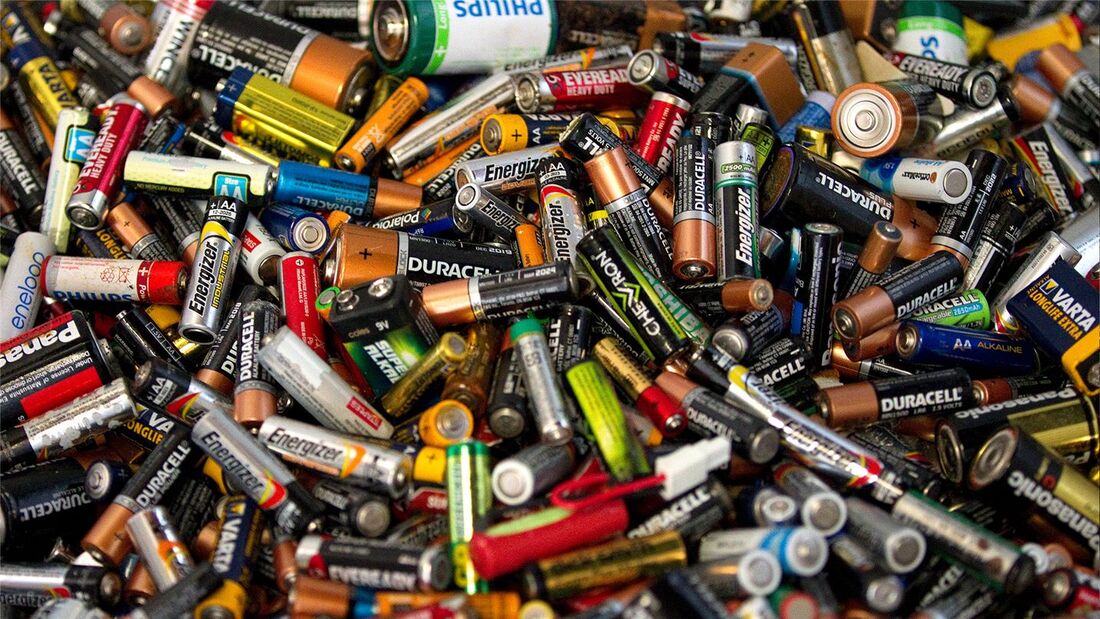|
A few country examples are described below, to provide you a sense about how you may need to conduct a bit of research locally before you know how you can help recycle batteries. US In the US, only one state, California, requires all alkaline batteries to be recycled. In other US states, individuals can purchase battery recycling kits used to ship batteries to recyclers. Some stores such as IKEA also collect alkaline batteries for recycling. However, some chain stores which advertise battery recycling (such as Best Buy) often only accept rechargeable batteries. In the US, at Earth911 Recycling Search, type in “Batteries” and your zip code, a list of drop-off locations and types of batteries they accept can be found. Canada Among Canada’s ten provinces and three territories, only four provinces (British Columbia, Ontario, Quebec and Manitoba) have battery stewardship and recycling regulation. For example, in Ontario, starting in July 2020, it is battery producers’ responsibility for collecting and reusing, refurbishing or recycling their batteries when consumers discard them. The required collection rate was set at 40% for 2020, which will increase over time to 50% for 2025. Producers will pay service providers (including haulers, refurbishers, processors and general contractors such as Call2Recycle) to fulfill their responsibility of recycling batteries. Free battery drop-off locations are widely available in Ontario, such as in libraries, pharmacies, hardware and electronic stores. In Canada, at Call2Recycle Locator, type in your zip code, and there will be a list of drop-off locations identified in your neighborhood. European Union (27 countries) In the past, used batteries ended up at landfill sites. In 2006, the EU Battery Directive regulated the manufacturing and disposal of batteries and accumulators in the EU to protect human health and the environment from hazardous substances. The EU Battery Directive requires producers to properly label their battery products. They must finance collection and recycling programs, as well as public awareness campaigns for battery waste disposal. In addition, they may not charge a fee for separate collection at the time of disposal. Learn more: https://www.epa.gov/recycle/used-household-batteries https://www.call2recycle.ca https://rpra.ca/programs/batteries/ https://ec.europa.eu/environment/topics/waste-and-recycling/batteries-and-accumulators_en Written by Amelia Halverson, Ontario, Canada Tags:
Over the period of 2020 to 2021, there has been a rapid increase in the number of people who watch/purchase TVs, especially due to the massive global pandemic and most people having to isolate themselves at home. Though TVs have brought us a lot of entertainment this past year, electronics companies have been hiding a big secret that may be more dangerous than you think. For decades, television producers have been putting toxic organohalogen flame retardant chemicals (OFRs) into their products, encased in plastic casings. These televisions are sold at major U.S. retailers like Best Buy and Amazon. Because of this, a lot of our TVs are part of a large; and growing, source of toxic pollutants in our homes, environment, and workplaces. To add more salt to the wound, they pose serious health threats. When you dispose/recycle televisions that contain OFRs, they can potentially release dioxins which are among the most toxic chemicals known to science. Workers and people who live in the vicinity can breathe in these harmful chemicals and face medical problems. Household fires can also release these chemicals, which has led to firefighters supporting the efforts to ban flame retardants. Though the situation may seem unchangeable, there is still hope. Best Buy; a major electronics company, has launched a chemicals policy with the goal to reduce the use of chemicals. They are heading in the right direction, even if there are still a lot of things to improve on in their policies. Let's just hope that more companies hop on the bandwagon! Learn more: https://saferchemicals.org/2020/05/20/toxic-tvs-best-buys-step-in-the-right-direction-should-go-further/ Written by Amelia Halverson, Ontario, Canada
Tags:
|
Categories
All
Post Time
September 2023
|



